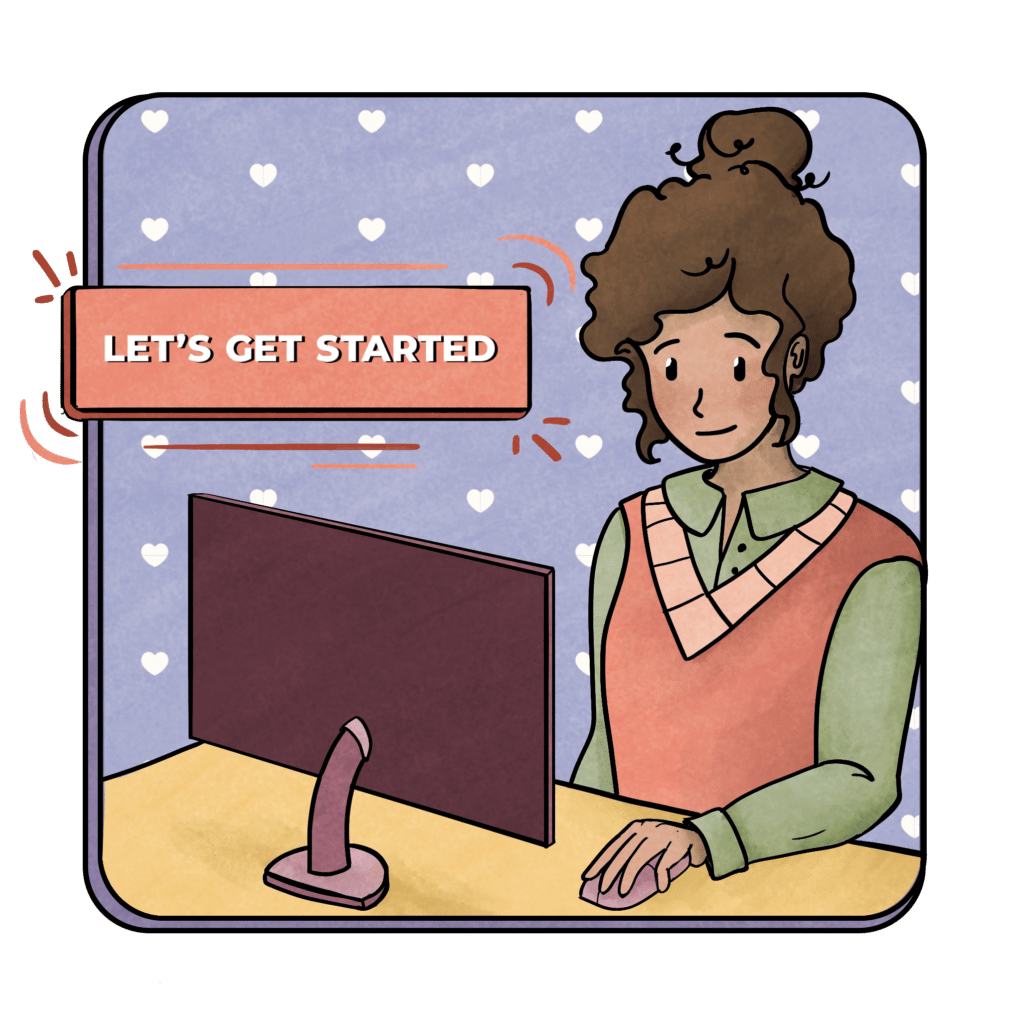Fact. Our schools could benefit from a more positive classroom culture.
I’ve had the opportunity to connect with 1,000+ teachers about their experiences and what makes them feel appreciated.
Talking to so many teachers has shown me something. Teachers seek to elevate school culture by getting the parents involved in a positive way.
I’d like to share with you what teachers have shown me: each of us has a part to play in unlocking and activating latent gratitude in the parent community that can make teachers feel truly appreciated. This partnership in community – between parents and teachers – can help create a positive classroom culture.
Table of Contents:
The Connection Between Teaching and Politics
Real-Life Example of Parents Contributing to Positive Classroom Culture
Harness the Power of The Appreciation Jar
How Parents Can Support Positive Classroom Culture
How-To Guide for Parents to Appreciate Teachers
The #1 Thing Teachers Need
Teachers repeatedly tell me they want to feel appreciated by the community they serve.
In fact, I’d go so far as to say that teachers NEED to feel appreciated.
This basic human need is rooted in one quest for a purpose in life. Maslow mentions this 3rd layer of his Hierarchy of Needs when discussing belonging and social connection.
Social connection is essential both at an individual level and within an organization.
Being a teacher today is difficult.
Likewise, being an administrator, staff member, board member, or district-level worker is difficult, too.
If you’re in the education space in any way, I honor each of you for the work you do every day serving students and your communities.
As the son of a 35+ year school teacher, I know the ups and downs of the profession deeply. My mom worked hard to filter a lot of what she brought home.
Public Scrutiny of Teachers
On top of everything else, educators must also navigate the very public nature, national dialogue, and individual perceptions about their profession and school systems.
That means they face more input and opinions than other workers who don’t undergo such scrutiny and perception.
A working paper from Brown University notes, “Teachers are at once heroes and villains, saints and scapegoats.”
In one moment, teachers are revered by parents who abruptly were forced to face their children being homeschooled after the 2020 post-pandemic shock.
Yet, teachers were vilified within less than a year for prolonging school closures.
The prestige of being a teacher has waxed and waned over the past half-century. At present, the profession is at a low point.
- In 2021, the percentage of parents who view teaching as prestigious was 58%. This is compared to the high of 78% in 1998.
- In 2022, the percentage of parents that want their children to teach is at its lowest point at 37%. Compared to 2011, when 70% of parents wanted their children to teach.
“Our social history reveals attitudes persistently equivocal towards teachers and a set of decidedly mixed messages about the status and value of this occupation,” according to the Brown University study.
The Connection Between Teaching and Politics
This news is dark. But to create some balance, let’s look at how we humans view politics.
Politicians at the national level are universally disliked. The U.S. Congress has a 21% approval rating as of February 2023. That number is amazing because it is actually up from June of 2022, when it was just 16%.
When looking broadly at national politics, the approvals are low. However, when looking at the local level at someone’s mayor, city council, school board, and representatives, the attitudes of politicians are favorable.
This can be summarized as the common thought of, “I don’t like them, but I like my person.” This mixed perception has been consistent for decades, as the reporting shows here and here, for example.
Let’s connect politics back to teaching. The above statements about prestige for the teaching professions and politics can reinforce that attitudes like these are just human nature.
We love our football team, but dislike the New England Patriots.
From my research and conversations, parents love their local teachers. They also love their local schools.
But the vast majority of parents are silent advocates of their school and their teachers. Parents see themselves reflected in those who work at the schools.
Real-Life Example of Parents Contributing to Positive Classroom Culture
Let’s look at the power that parents have in supporting teachers and contributing to positive classroom culture.
The recent school district strike in Los Angeles, California, seeks to improve wages for those who work in the 2nd largest school district in the nation.
This strike is widely supported by the parents in the community. Yes, it is inconvenient for parents to have their kids out of school because the schools are closed during the strike.
Yet, the parents are in support of the school district workers. The parents stand in solidarity with the teachers, bus drivers, cafeteria workers, admins, and others.
When the workers in the district gain, the community gains. This solidarity is largely driven by economic similarities between the population served and the population performing the work.
How elevating wages translates to elevating school culture
Consider that in most school districts, the first three interactions of a student are
- The bus driver
- The cafeteria worker serving a free or reduced lunch
- The custodians keeping the place clean.
Every person within the staff and faculty has a role in school culture. Individuals who are respected and appreciated become partners in shaping and elevating school culture.
Here is an untapped goldmine to elevate school culture: gratitude from parents.
In my experience interacting with parents of school children, parents and families possess an overwhelming sense of gratitude towards the teachers and staff.
The parents know that the teachers aren’t paid well. They know that the teacher’s role far exceeds the instruction delivery. Teachers are first responders, counselors, role models, and proxy parents.
But parents don’t know that an easy and effective way exists to express that gratitude in the form of appreciation.
Harness the Power of The Appreciation Jar
On a recent podcast called Better Leaders, Better Schools, the host Danny Bauer speaks with the founder of Teach Better about The Jar of Awesome.
That Jar of Awesome is a simple container to put a written note into the teacher’s jar, telling the teacher know how awesome they are.
A physical object, that container is a symbol for the teacher of their impact on the community and the purpose he or she serves. A full container symbolizes a bigger impact.
The Appreciation Company is a digital version of the Jar of Awesome.
We call it an Appreciation Album. In addition to notes, parents can contribute to an Appreciation Balance that the teacher can convert to useful things in the form of eGift Cards.
See, we know that a powerful way to elevate school culture is by activating the latent gratitude felt by parents in the school community.
This untapped gratitude is a goldmine of ever-present positivity that can be brought into your school quickly and simply with the right tools and resources.
How Parents and Students Can Support Positive Classroom Culture
The #1 way to activate that gratitude goldmine is a note of appreciation written by the student (often with the help of the parent for younger students) expressing their gratitude.
Specifically, teachers want to know that their work is making an impact and that what they do matters to the learner.
A teacher learns of this impact through a note written by the student to the teacher with a specific message about:
- Something the student learned
- Something the teacher did
- An experience that was memorable and what the outcome was.
Why is this the #1 way to activate gratitude?
Because it’s EXACTLY what teachers and staff want and need to feel appreciated. Teachers and staff have told me this over and over.
One expression of appreciation from one student to a teacher is deeply meaningful.
One expression of appreciation from each student in the class is powerful.
A career filled with appreciation is a legacy.
A community expressing appreciation throughout the year has elevated school culture to a whole new level–not just during Teacher Appreciation Week each May, but throughout the year.
Appreciation can be expressed during the dark month of February and the long month of March before spring break.
Appreciation in September for the year to come and in November, when we are thankful.



